If you or someone in your family has recently been diagnosed with coeliac disease or have been living with the condition for some time AND are passionate about sport and keeping fit, then this blog is for you!
Why? Because we don’t want coeliac disease or the gluten-free diet to affect your sporting performance or limit you from doing what you love.
And don’t worry, it shouldn’t, if you are aware of and actively manage the common nutrient deficiencies in coeliac disease.
So that’s what this blog is all about – empowering you with the knowledge of the nutrient deficiencies that arise both as a result of inflammatory damage caused by coeliac disease itself and/or the actual quality of your gluten free diet - both of which can impact your sporting performance!
Nutrient deficiencies in people with newly diagnosed coeliac disease
Many newly diagnosed people with coeliac disease are often presented with a range of vitamin & mineral deficiencies – commonly reduced levels of iron, folate, vitamin B12, vitamin D, zinc, and magnesium. This is due to the damage to the lining of the small intestine and the limited ability to absorb nutrients consumed. Luckily, for most, the commencement of a strict gluten free diet will usually resolve these deficiencies within the first 1-2 years. However, supplementation may be initially required to correct any deficiencies and these should be commenced under the guidance of a Health Professional.
Have you had your routine 6 and 12 monthly blood tests to monitor your blood nutrient levels? This is a crucial part of managing your health with coeliac disease as is, visiting an expert coeliac dietitian to assess not only your compliance to the gluten free diet but also whether your gluten free diet is allowing you to meet your personal nutrient needs.

Iron deficiency - Would have to be the most common nutrient deficiency in people with coeliac disease and is often what leads people to their coeliac diagnosis in the first place. When it comes to sporting performance, this is an indispensable mineral as it plays a vital role in transporting oxygen to muscles and tissues, which is essential for optimal athletic performance. Common symptoms of iron deficiency include fatigue, weakness, and reduced endurance, all of which can significantly hamper performance.
Therefore, while your gut is in the healing phase it is super important to:
• Incorporate iron-rich foods into your diet such as lean meats, poultry, fish, beans, lentils, and fortified gluten free cereals;
• Pair iron-rich foods with vitamin C-rich options like citrus fruits, capsicum and tomato to enhance iron absorption;
• Consider iron supplements under the guidance of a healthcare professional if your iron levels remain low despite dietary efforts.
Nutrient deficiencies related to the quality of your gluten free diet
For some people with coeliac disease, nutrient deficiencies (low levels of folate, vitamin B12 and vitamin D) can continue to exist EVEN if a strict gluten-free diet is followed and may lead to other health consequences such as neurologic complications, psychiatric symptoms or bone alterations.
Research suggests that the persistence of these nutrient deficiencies despite a gluten-free diet and intestinal healing may be related to lower daily intakes of these nutrients because of the gluten-free diet. In particular, gluten free cereal products, including breads & pastas, contain lower amounts of folate compared to their gluten containing counterparts.
This is because in some countries, including Australian and New Zealand, it is mandatory to fortify wheat containing bread with folate / folic acid and many grains, cereals and dairy products are also fortified with iron, calcium and Vitamin D. Unfortunately, it is NOT mandatory to fortify gluten free breads in Australia although some products do choose to and this will be included on the food label.
Folate - Is something you should be on the lookout for not only because the gluten free diet generally provides less of it but also because of its important role in energy metabolism, which is vital for athletes who rely on efficient energy production. It is also essential for the production of red blood cells, which carry oxygen to the muscles and tissues throughout the body, and is involved in the synthesis of creatine, a compound that plays a key role in energy production during short bursts of high intensity exercise.
Therefore, it’s so important to seek out foods high in folate such as:
• Leafy green vegetables like spinach and kale
• Legumes like lentils and beans
• Citrus fruits
• Avocado
• Soy and linseeds (i.e., gf soy & linseed bread)
• Fortified cereals (i.e., Sanitarium gluten free Weetbix)
Vitamin B12 – Even after adopting a gluten free diet, some individuals with coeliac disease may continue to have absorption issues which may lead to fatigue, weakness and reduced stamina. Vitamin B12 has many important roles in the body, however in regards to exercise, its role in energy production is critical as it helps convert the food we eat into energy that our body can use. Like folate, Vitamin B12 also plays an important role in red blood cell formation and therefore assists with oxygen transport.
Foods rich in Vitamin B12 include -
• Animal products like meat, fish, eggs and dairy
Note – Getting enough vitamin B12 through the diet is so important as the body does not produce its own. If you are someone who feels they are unlikely to get it through the diet or are vegetarian or vegan it is crucial to see your Dietitian or Health Professional for advice on supplementation.
Vitamin D - Is indispensable for both bone health as it helps us absorb and use nutrients like calcium and phosphorus. It also plays an important role in muscle function as it helps maintain healthy muscle strength and coordination. A deficiency can lead to muscle weakness, fatigue, and an increased susceptibility to injuries during physical activity. Unfortunately, the gluten free diet may mean reduced intake of Vitamin D because gluten free foods like breads and cereals are not fortified like their gluten containing counterparts.
Ways to boost your Vitamin D intake include consuming:
• Fatty fish (e.g., salmon, sardines, herring)
• Eggs
• Fortified margarines and milk products. In Australia, Vitamin D fortification is mandated for margarines. It is voluntary for low-fat milk, yogurt and soy milk.
Vitamin D is also naturally made when our skin is exposed to sunlight. Therefore, if you are someone who avoids the sun or spends a long time indoors, you may also be at risk of vitamin D deficiency and a supplement may be required under the guidance of a Dietitian or Health Professional.
Take home message
Maintaining peak sporting performance while managing coeliac disease requires diligence in managing nutrient deficiencies. This means that regular monitoring of nutrient levels and a well balanced gluten-free diet should be made top priority when it comes to striving for sporting success or a physically active lifestyle.
Remember, seeking expert guidance from a coeliac dietitian to provide tailored nutrition advice to address specific nutritional needs is key when it comes to optimising sporting performance.

This blog was written by Jessica Milliner an accredited practicing dietitian. To book an appointment with Jessica please email her jessica@jessicamilliner.com or check out her Instagram @coeliac.dietitian.jess. Individuals with coeliac disease or gluten sensitivity should consult with their healthcare provider before making any dietary changes or following any advice provided.
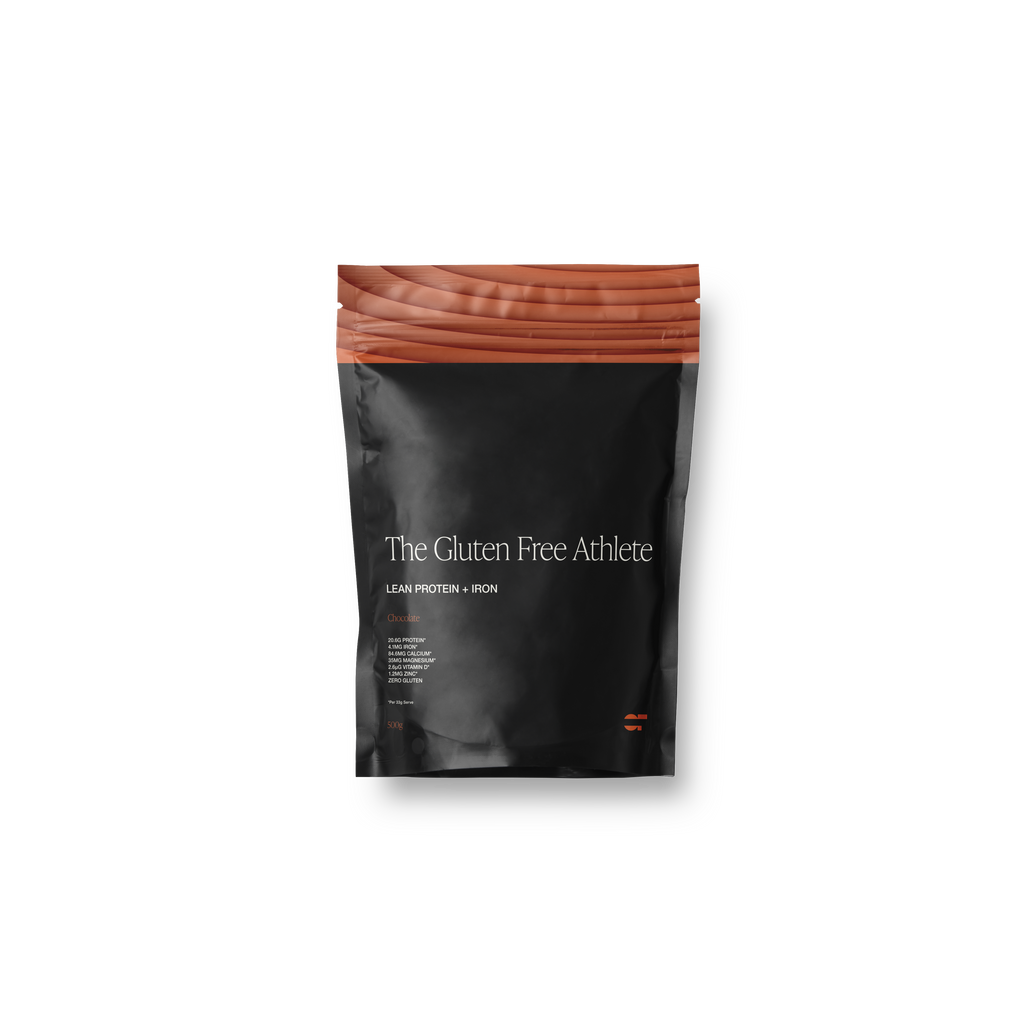
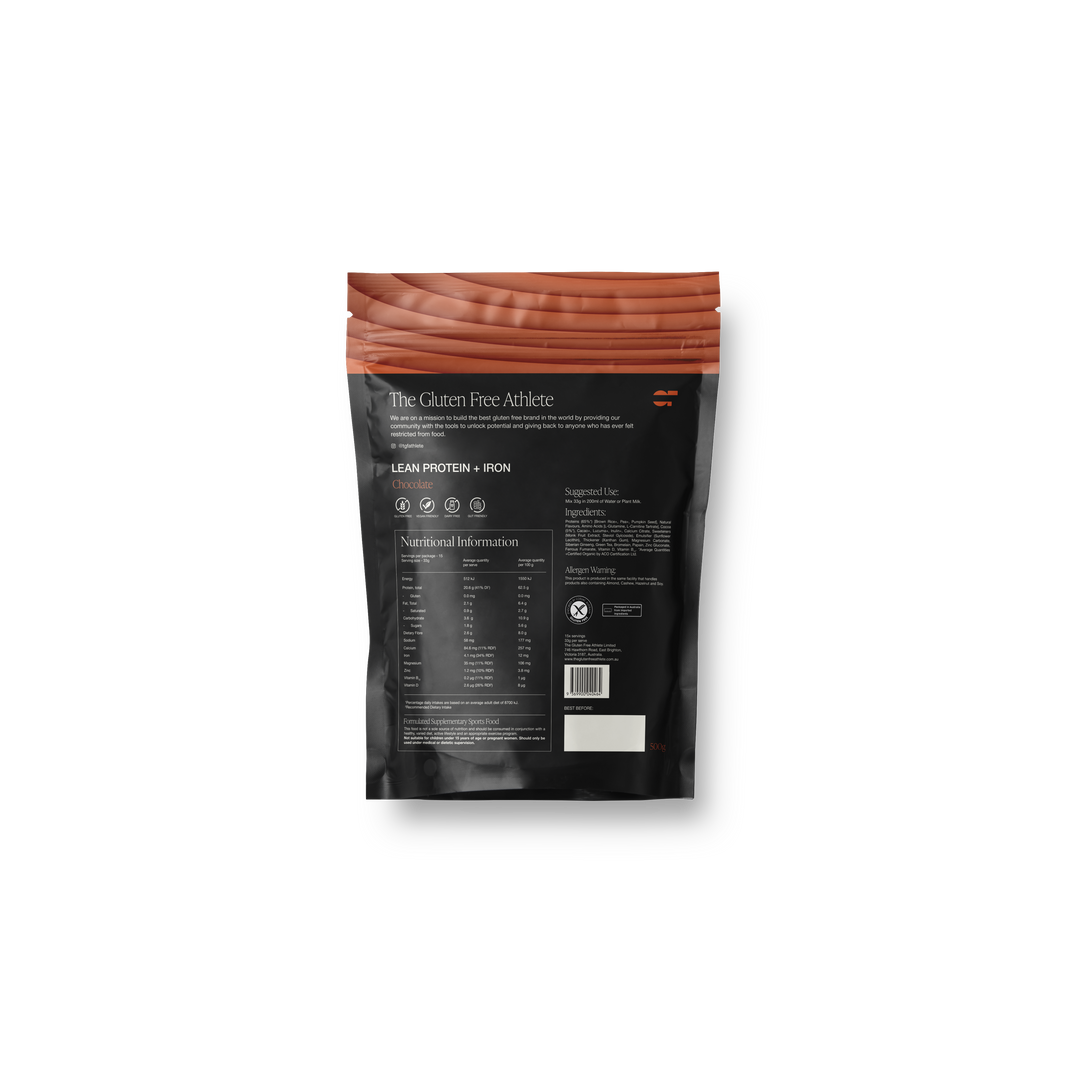
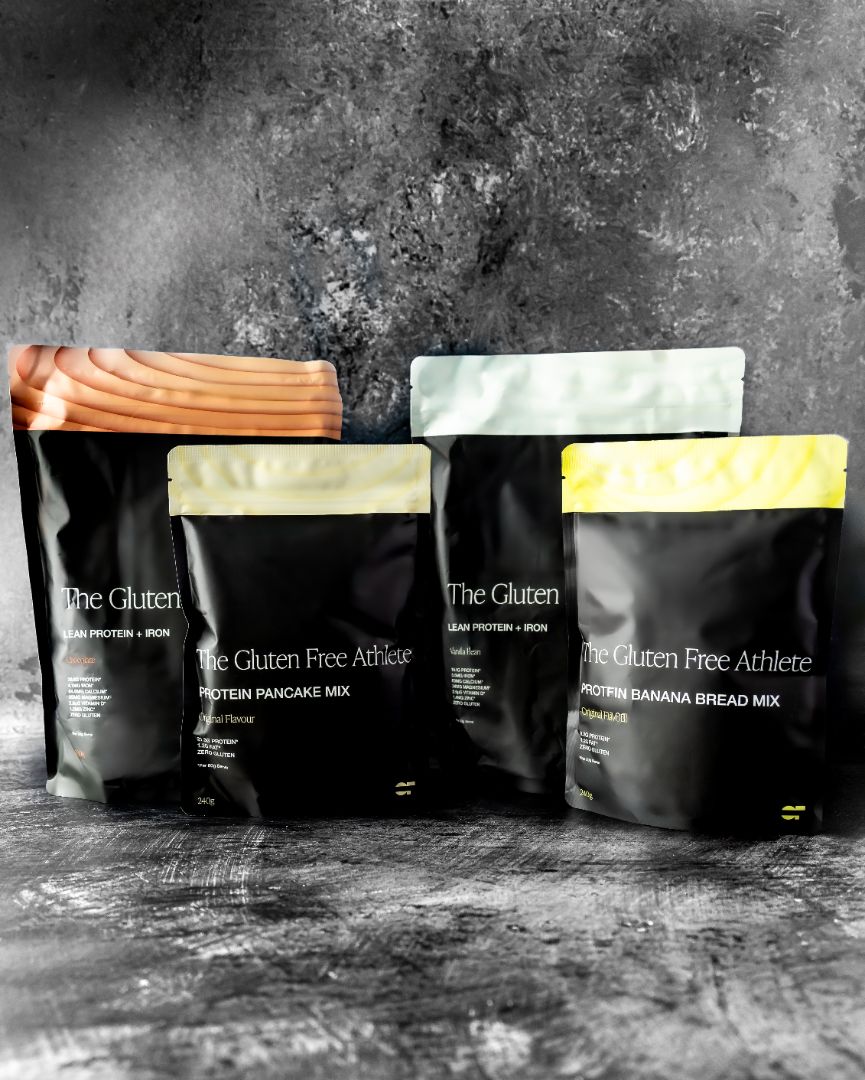
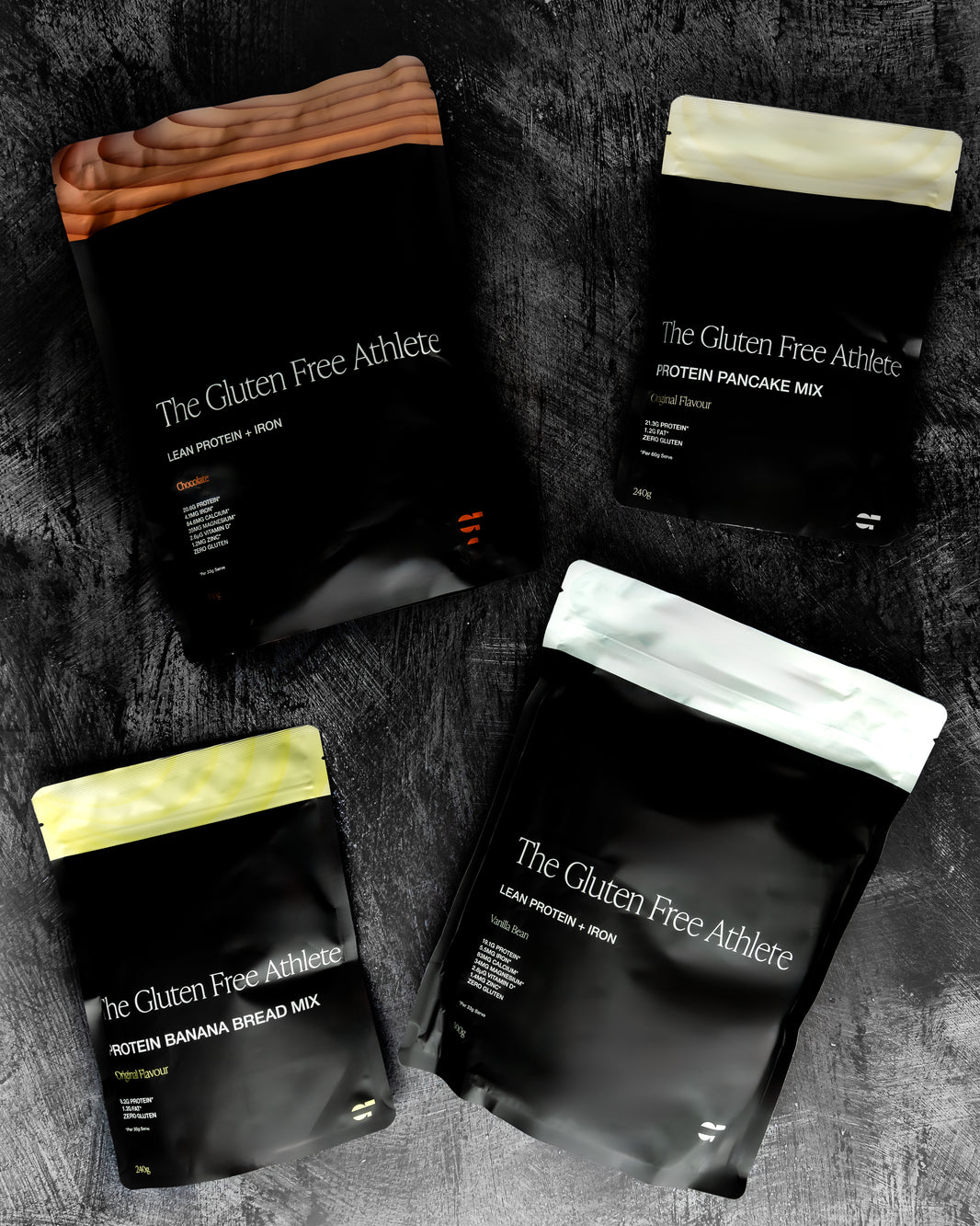
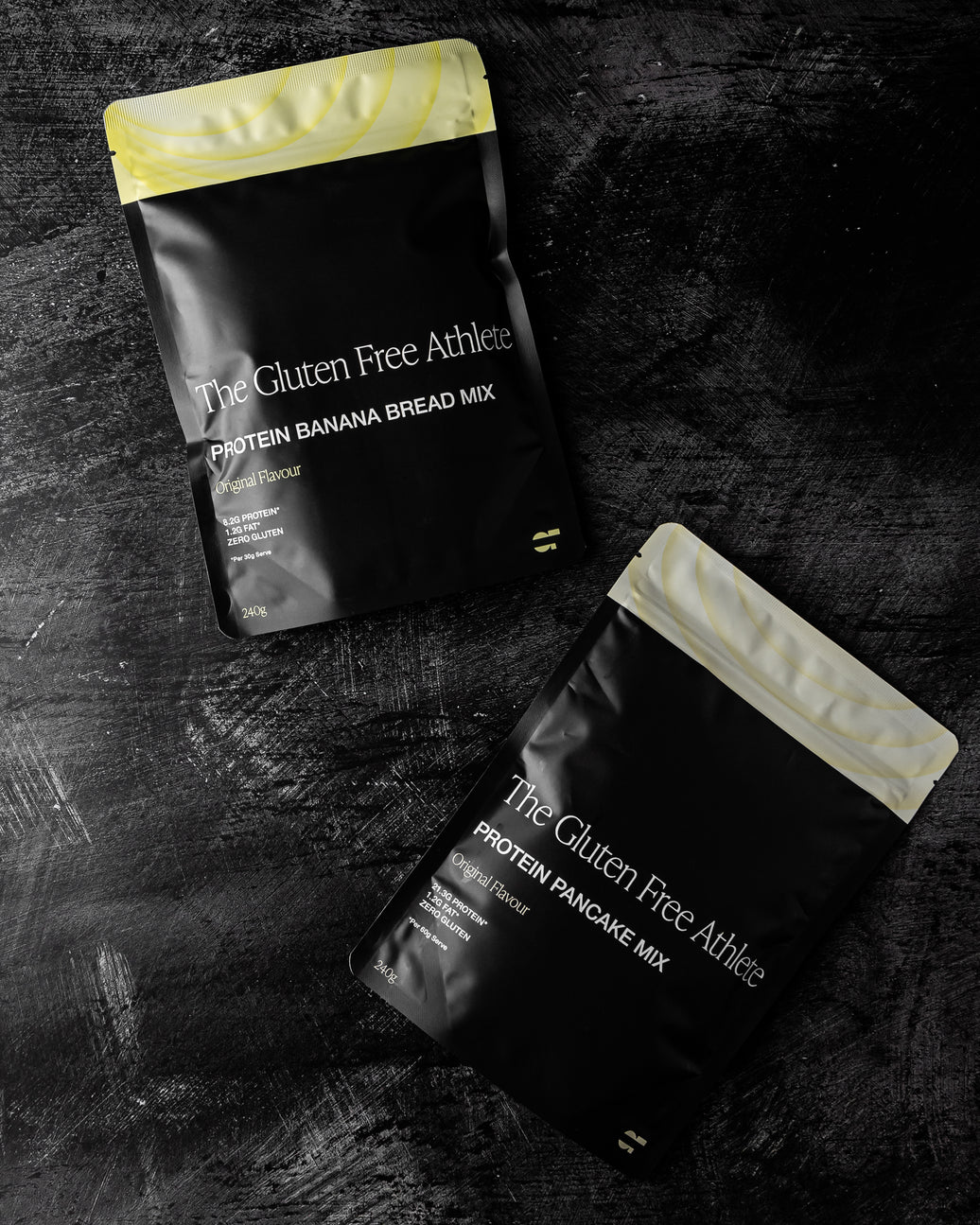
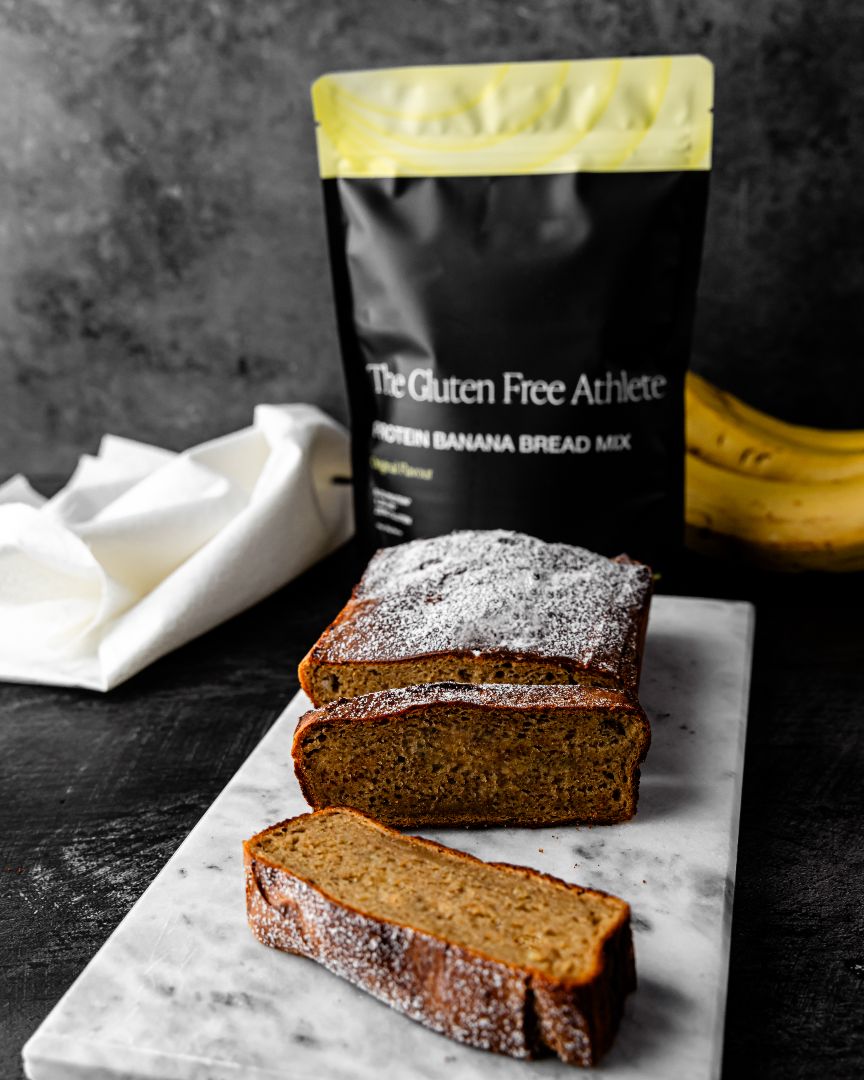
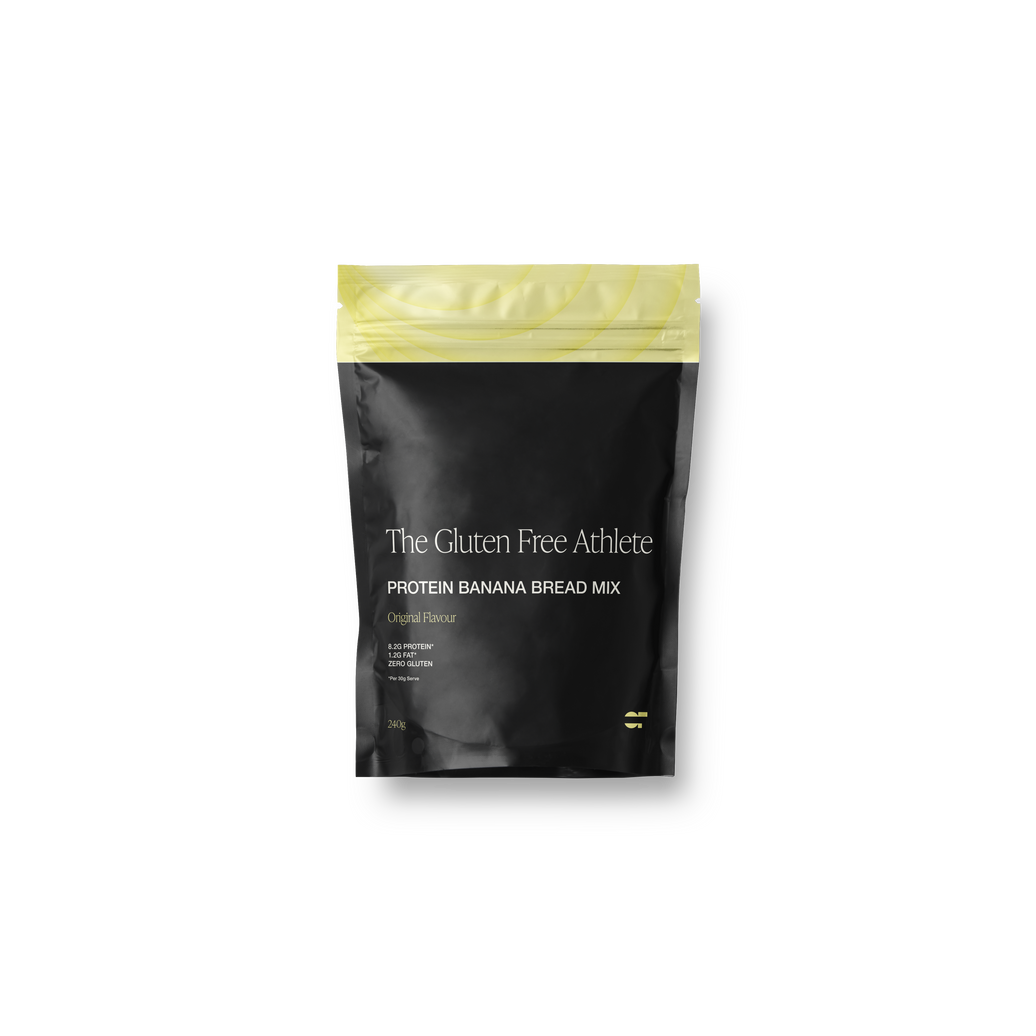
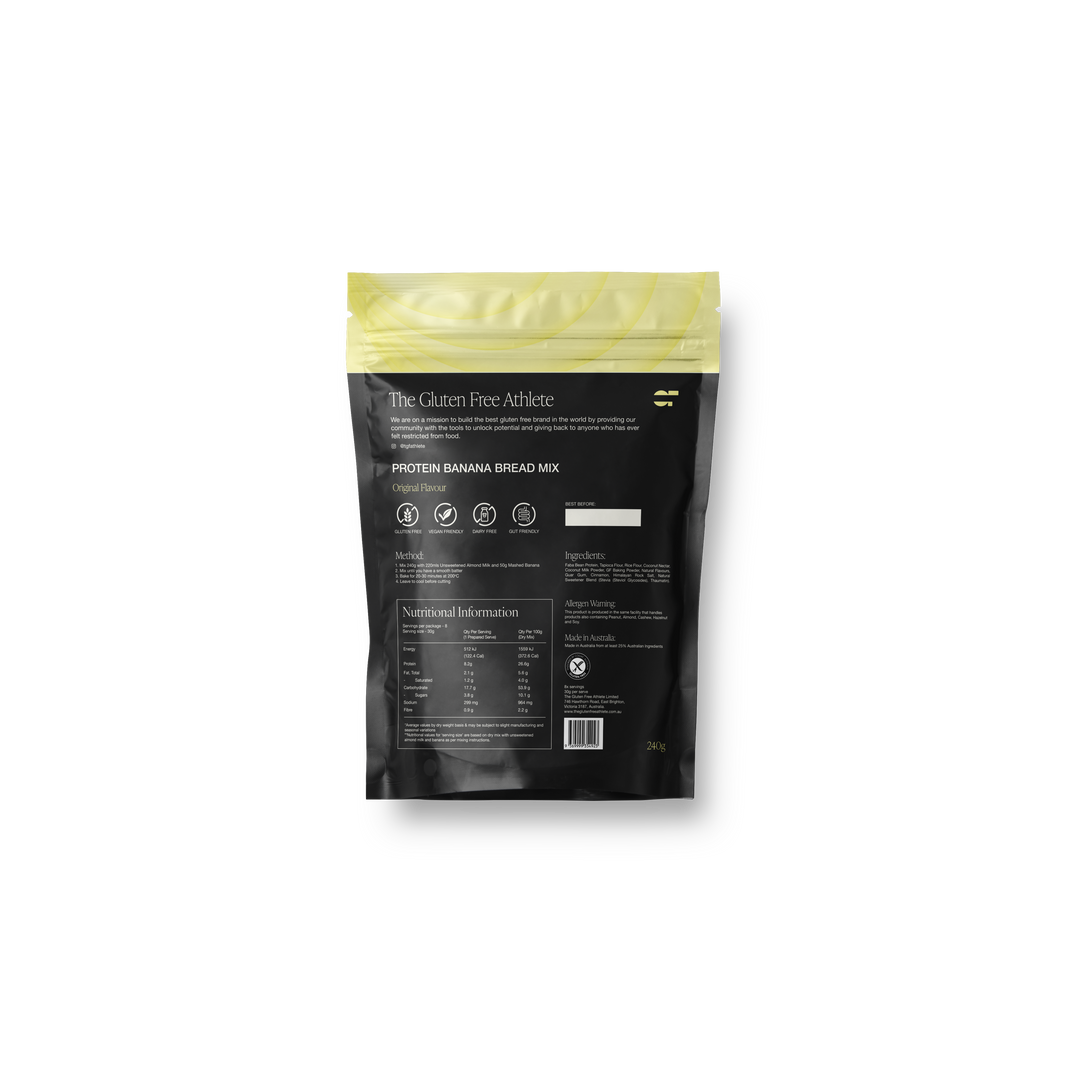
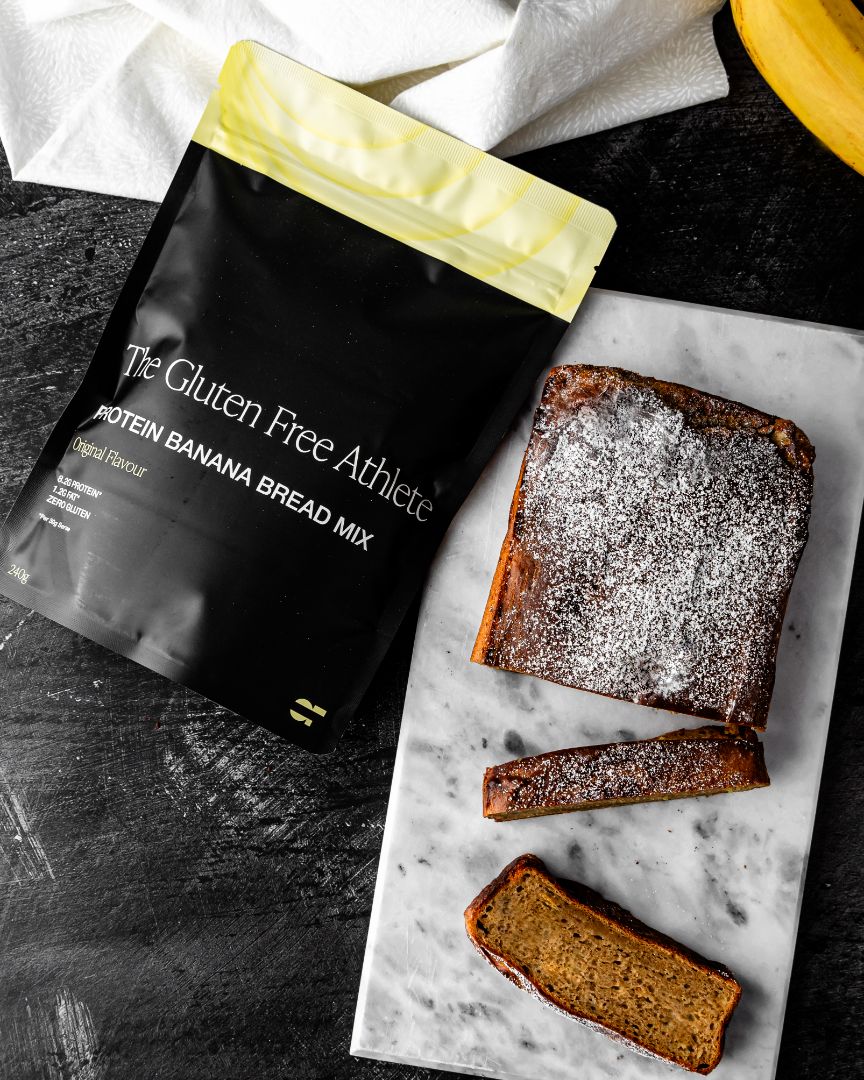
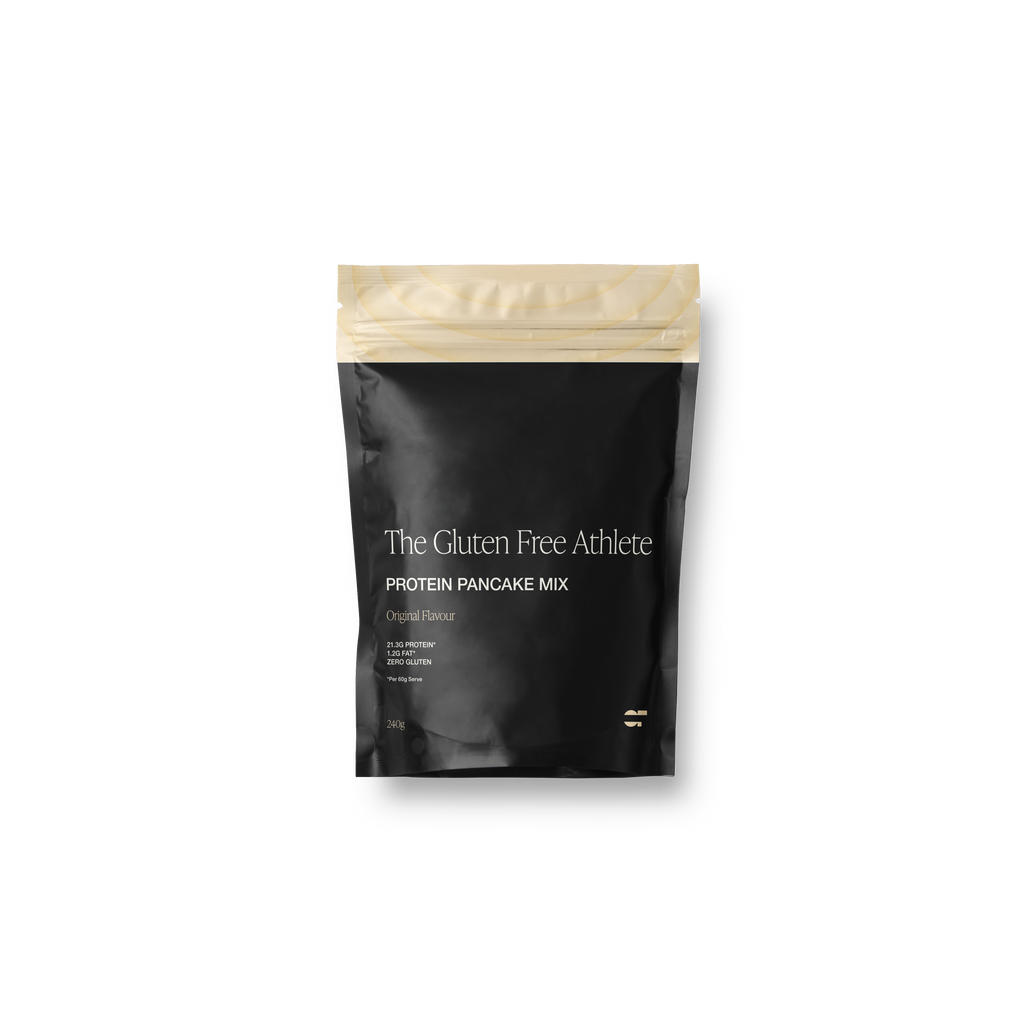
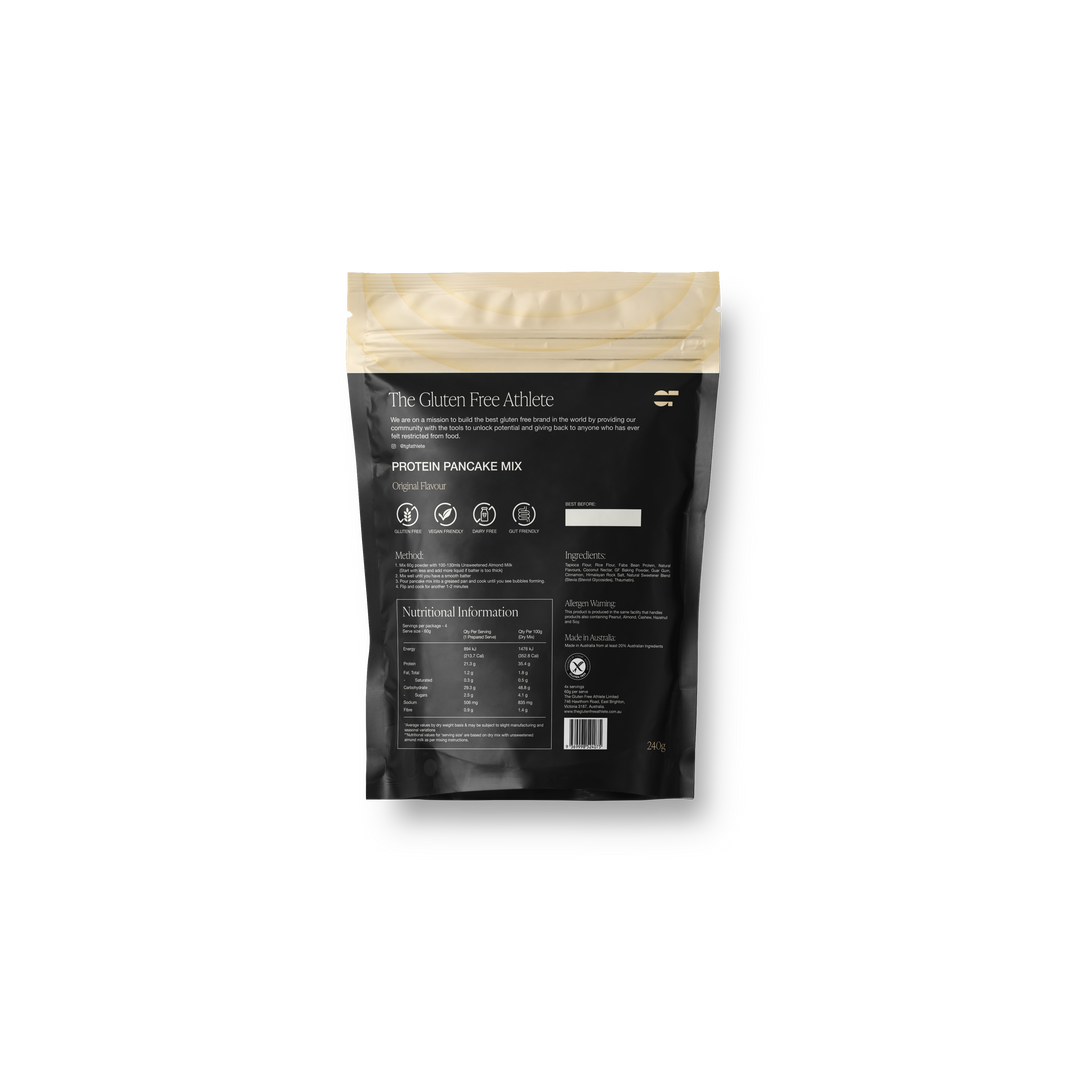
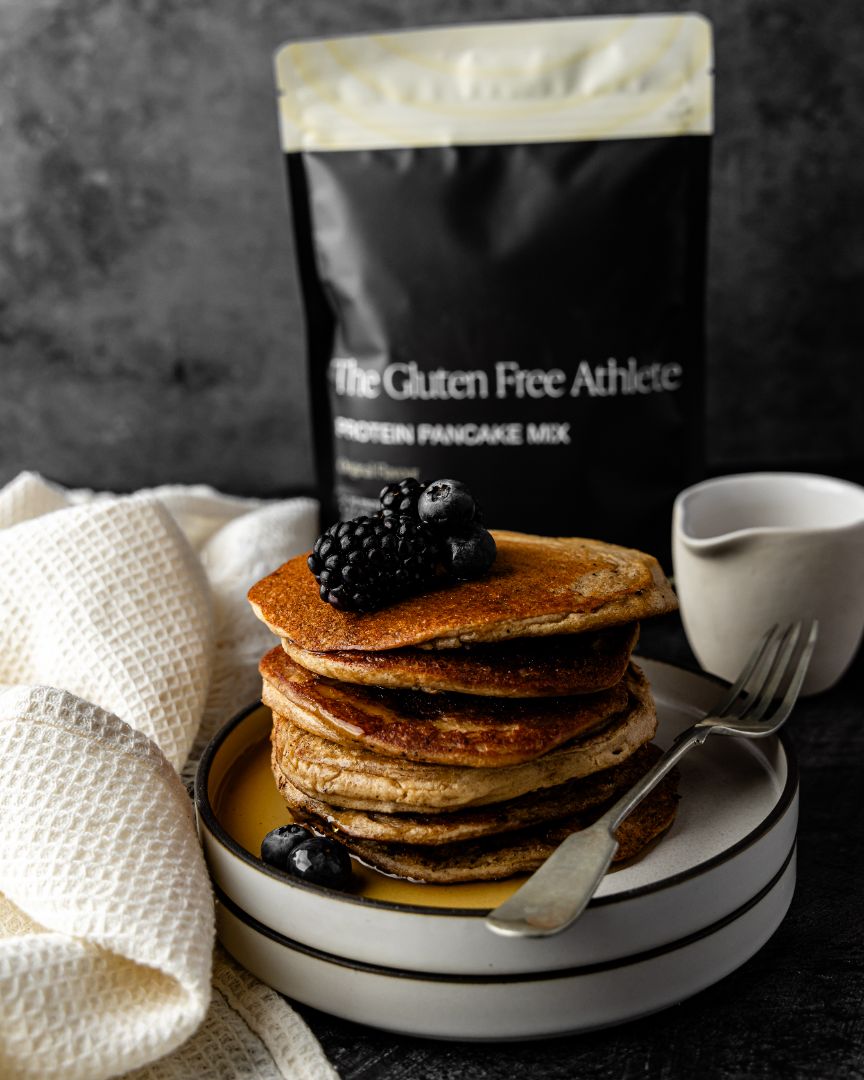
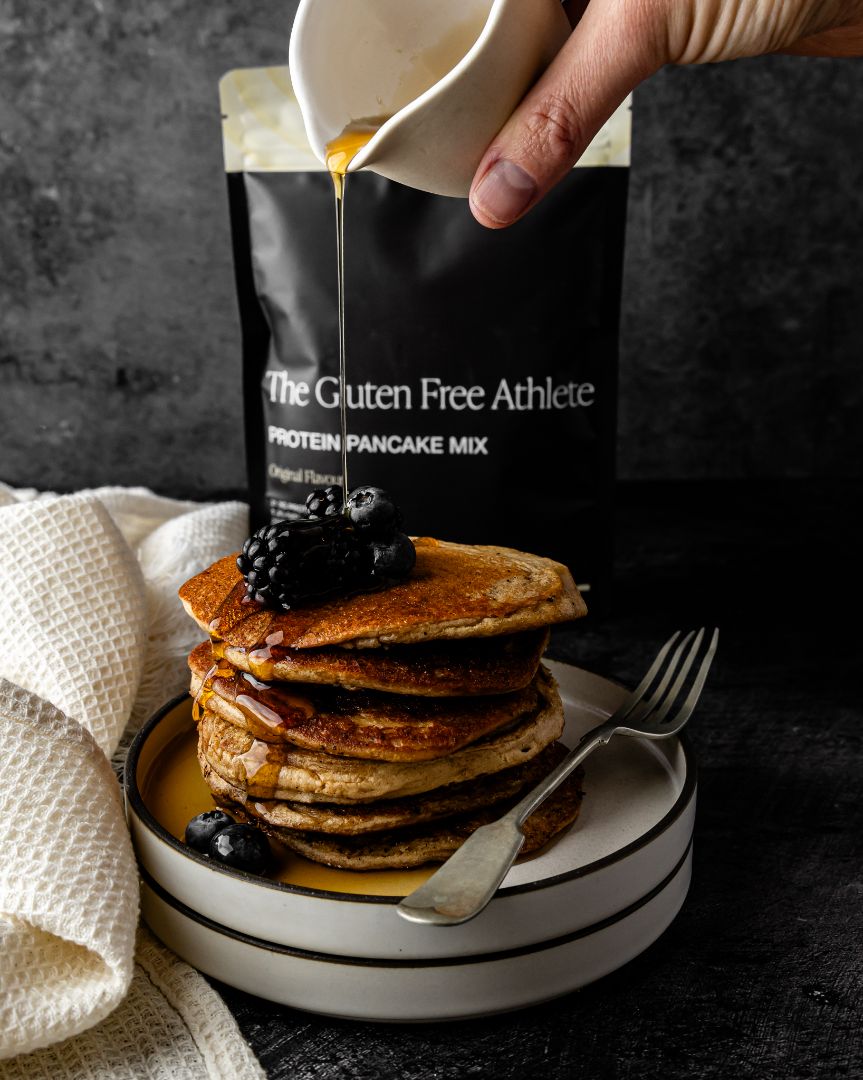
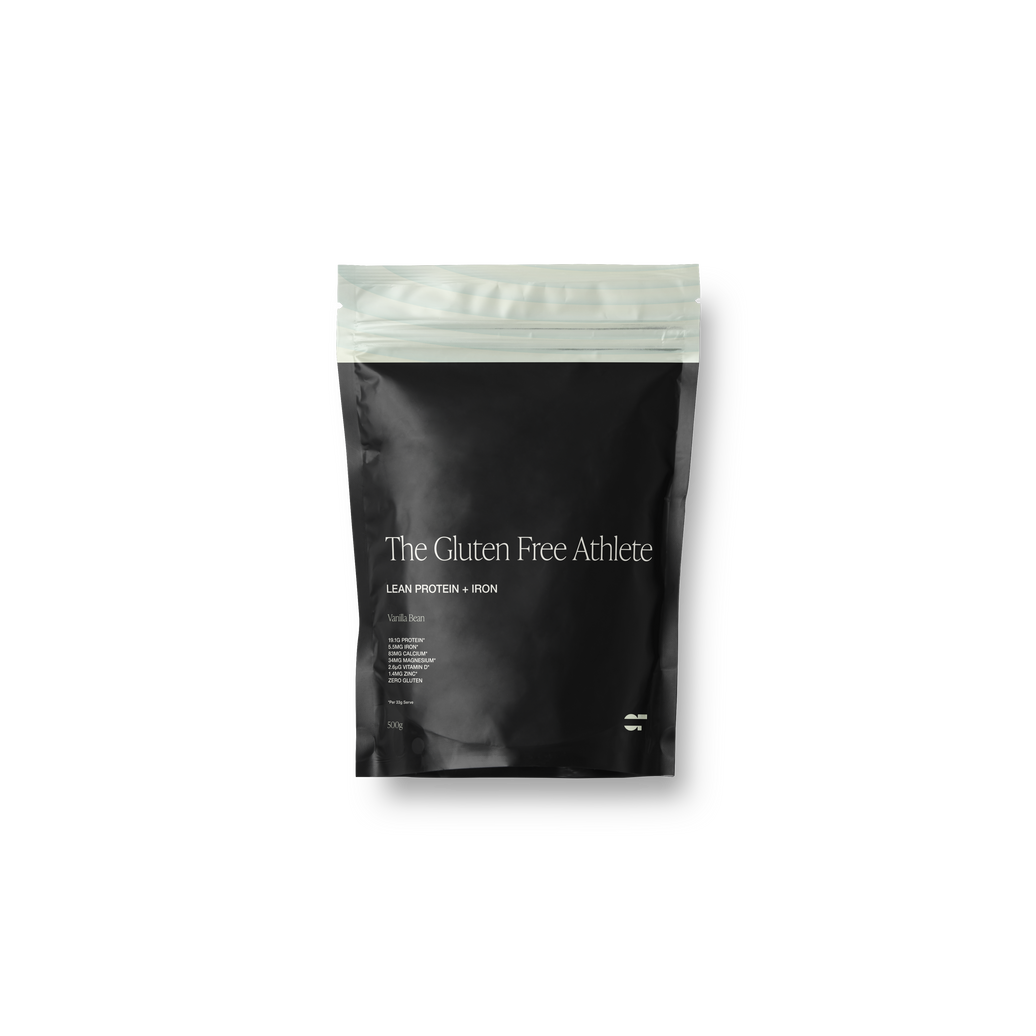
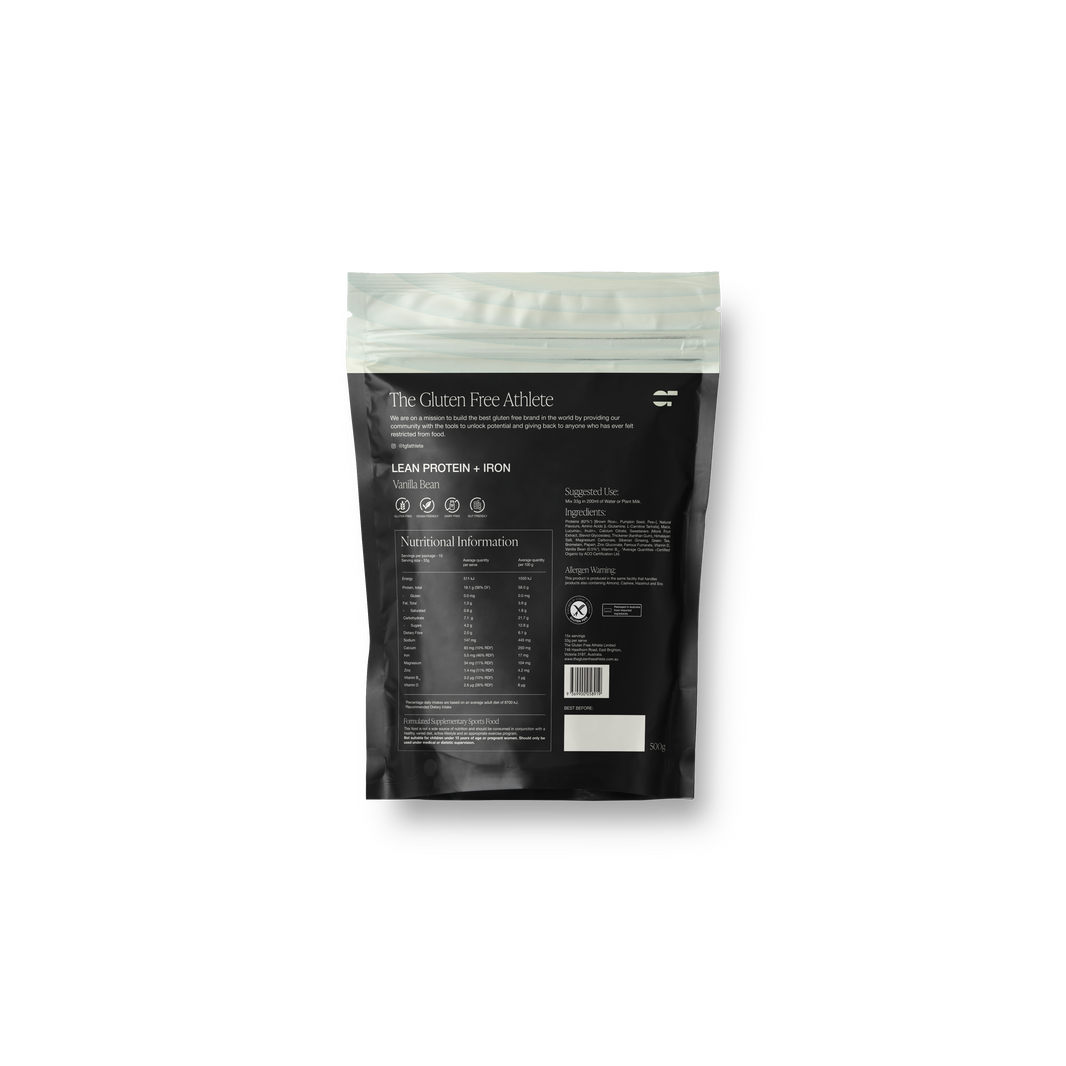
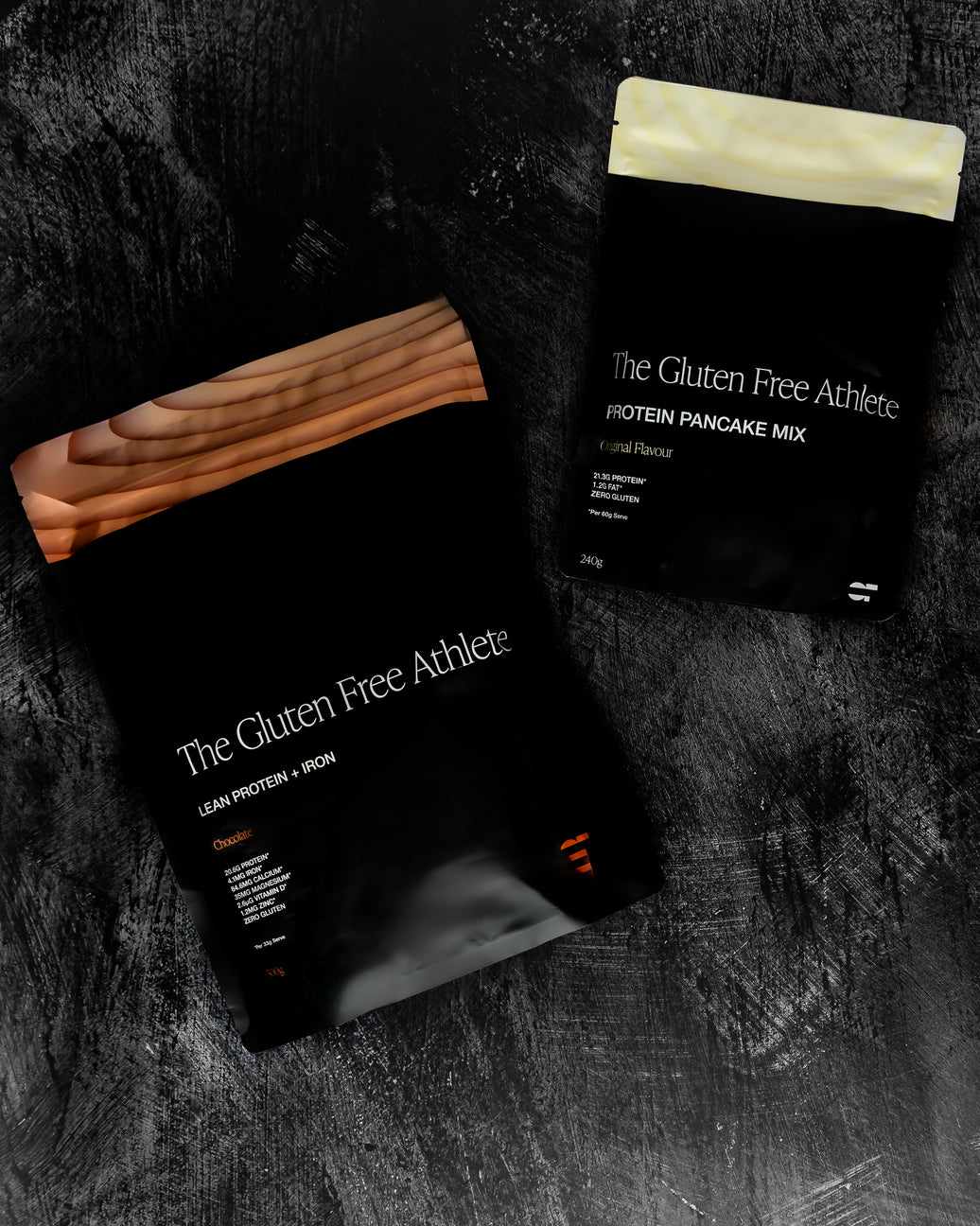
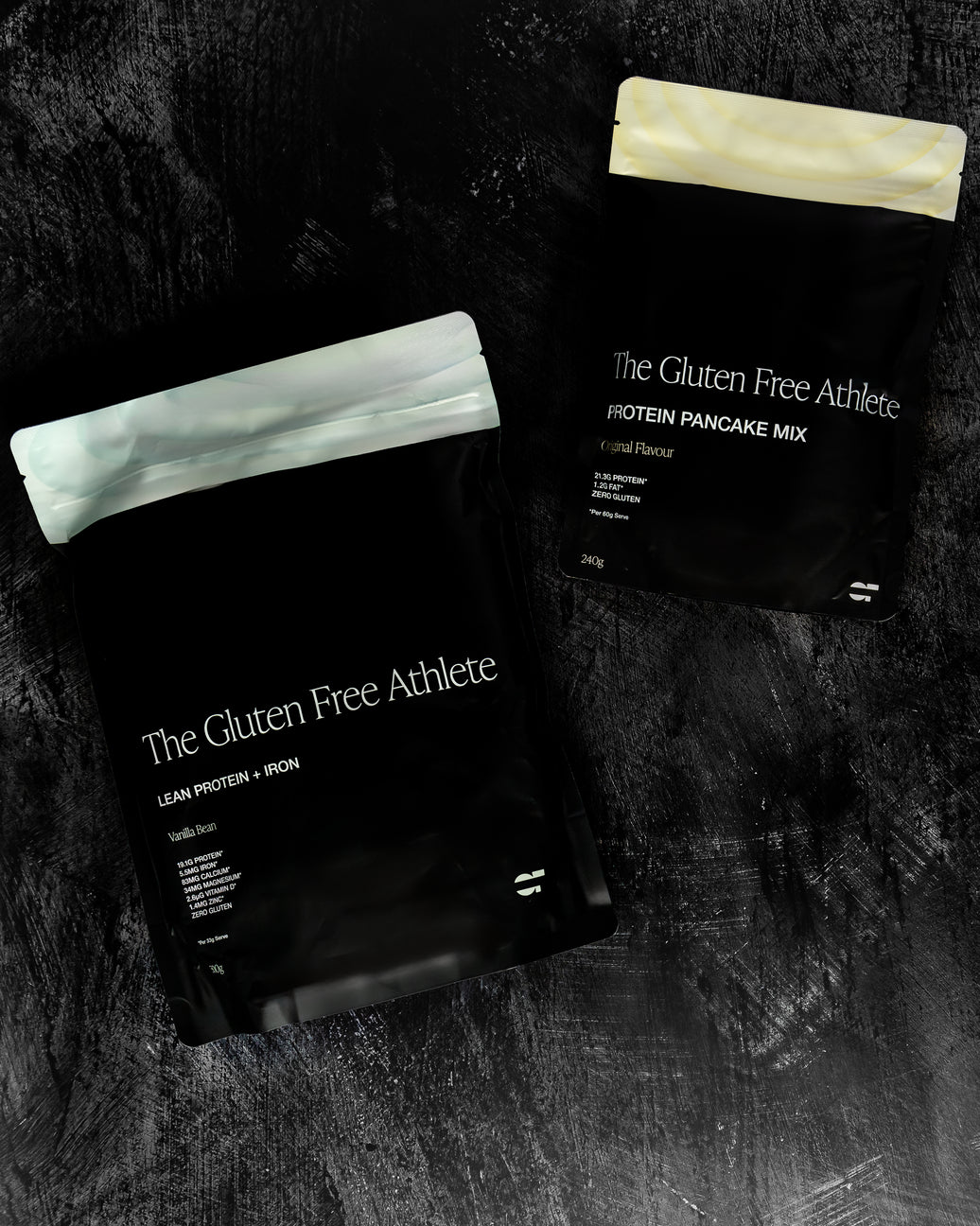
Leave a comment